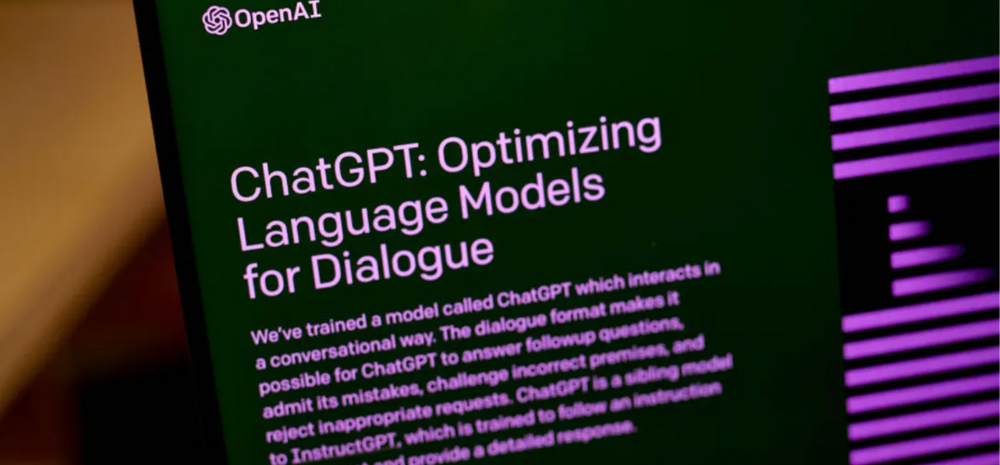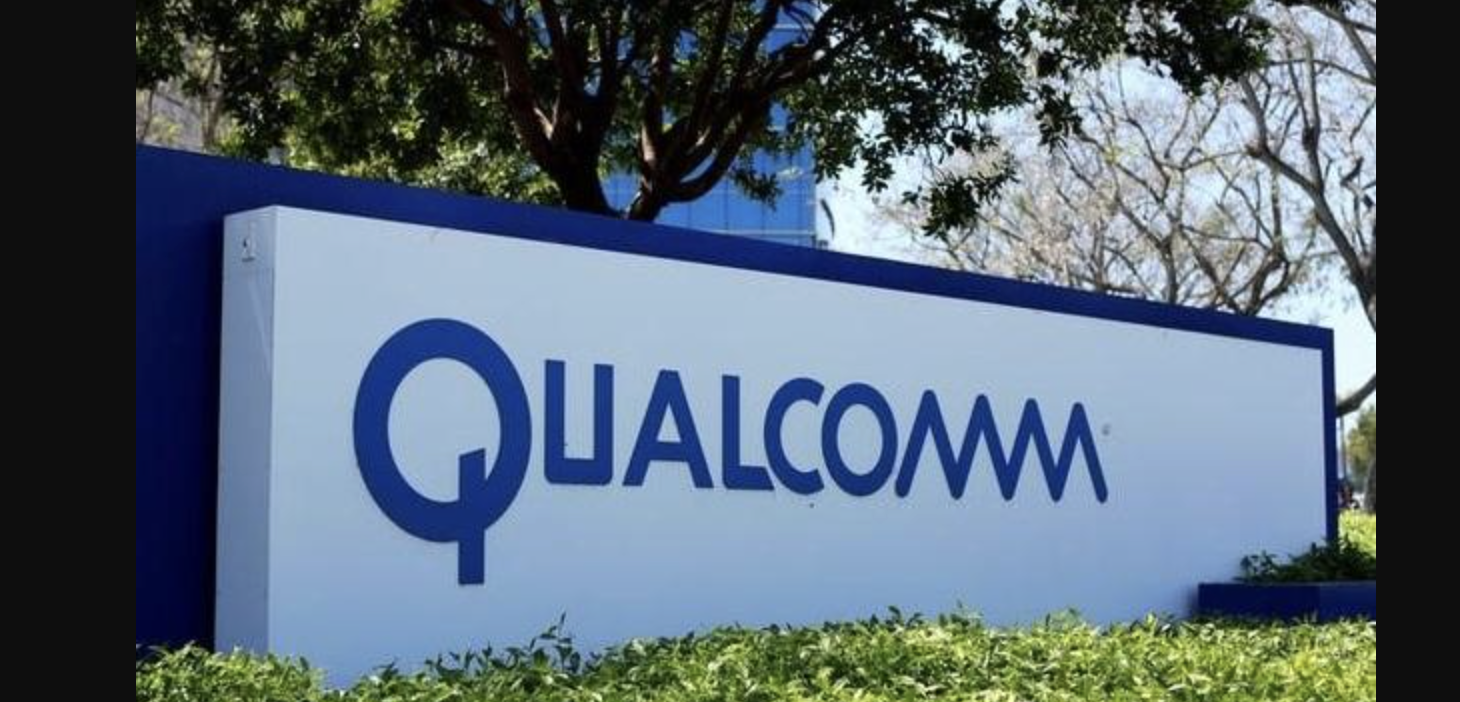Orca Security, the leading provider of agentless cloud security solutions, recently announced the successful integration of Microsoft Azure OpenAI GPT-4. This integration makes the Orca Cloud Security platform the first cloud-native application protection platform (CNAPP) to leverage GPT-4 through the Azure OpenAI Service. This expansion builds upon the initial implementation of ChatGPT that was revealed in January. Additionally, Orca has introduced several new features for its ChatGPT integration.

The Integration that Empowers Security and Efficiency
The Microsoft Azure OpenAI Service offers access to the REST API for OpenAI’s ChatGPT technology. With this integration, Orca Security customers can now benefit from Microsoft’s security measures and enterprise support, along with the significantly enhanced capabilities of GPT-4. The integration ensures client data protection, compliance with important standards like HIPAA and SOC2, a 99.9% uptime service level agreement (SLA), and regional accessibility for reduced latency and improved reliability.
Since the addition of GPT-3 support to the Orca Platform in January, customers have experienced substantial reductions in mean time to remediation (MTTR). Security professionals using the Orca Platform can quickly generate effective remediation instructions for each alert. For systems like Terraform, Pulumi, AWS CloudFormation, AWS Cloud Development Kit, Azure Resource Manager, Google Cloud Deployment Manager, and Open Policy Agent, these instructions can be easily copied and pasted. If more details are needed, users can directly ask follow-up questions to ChatGPT from within the Orca Platform. Switching to GPT-4 brings increased accuracy and the ability to generate code snippets, offering further benefits to customers.
Orca Security’s Successful Integration with GPT-4 and Microsoft Azure
Gill Geron, the CEO of Orca Security, expressed enthusiasm about the positive response from customers regarding the GPT integration, stating that it has led to significant efficiency improvements. The integration with GPT-4 through the Azure OpenAI Service allows Orca to continue enhancing accuracy and ensuring data privacy to protect customers’ information while maximizing its value.
Apart from transitioning from GPT-3 to Azure OpenAI GPT-4, Orca has implemented various other enhancements to its integration. These include prompt improvements to optimize remediation responses further, the introduction of a new Open Policy Agent (OPA) remediation method, and the ability to add remediation steps in Jira tickets when assigning cloud security issues.
Dr. Tomer Simon, Chief Scientist of Microsoft Israel R&D Centre, expressed satisfaction with the collaboration, stating that they are pleased to work with Orca Security on their integration with the Microsoft Azure OpenAI Service. Dr. Simon highlighted that the integration will enable Orca customers to accelerate their remediation efforts and enhance their cloud security posture, knowing that Microsoft is providing professional security and support that enterprises require.











